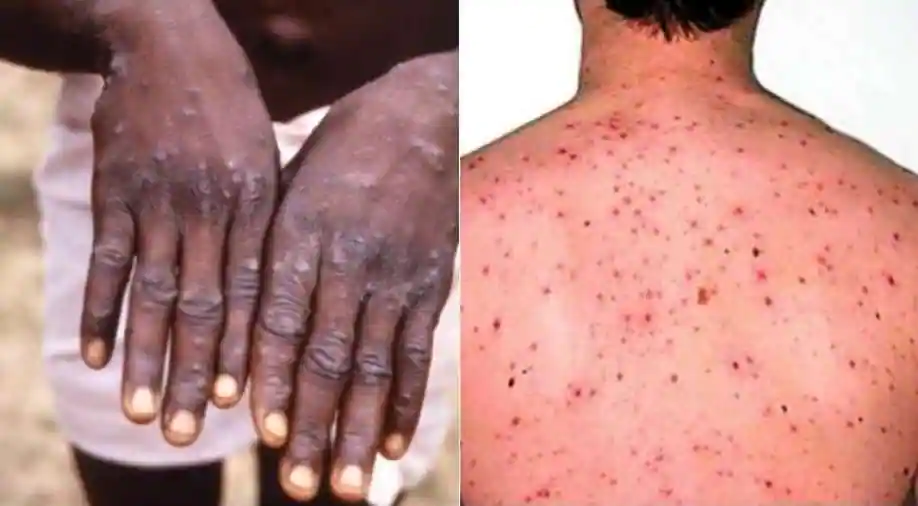Monkeypox renamed ‘mpox’ by WHO
Monkeypox will be renamed ‘mpox’, health chiefs have confirmed after a push to find a ‘non-discriminatory’ term. World Health Organisation (WHO) officials promised to create a new name for the disease this summer after a global surge of cases. Before then, cases of the rash-causing virus were generally confined to countries in Africa. Outbreaks elsewhere […]

Monkeypox
Monkeypox will be renamed ‘mpox’, health chiefs have confirmed after a push to find a ‘non-discriminatory’ term.
World Health Organisation (WHO) officials promised to create a new name for the disease this summer after a global surge of cases.
Before then, cases of the rash-causing virus were generally confined to countries in Africa. Outbreaks elsewhere were imported, sporadic and contained quickly.
But the wave earlier this year, which has yet to die out, sparked concerns because it spread naturally between people in dozens of countries, including the UK.
Illegal demolition: Nyanya residents seek FCT minister’s intervention
PCC, ICC have common agenda to deliver Tinubu — APC campaign coordinator
WHO chief, Dr Tedros Adhanom Ghebreyesus, had confirmed that the body had been in conversation with experts on changing the name for monkeypox.
Increased attention surrounding monkeypox sparked calls among some experts to change its name over concerns it was discriminatory.
Campaigners claimed it was racist because of the ‘long history of referring to black people as monkeys’.
Groups also accused Western outlets of perpetuating ‘negative stereotypes that assigns calamity to the African race and privilege of immunity to other races’ through using images of affected black people in stories.
What is monkeypox?
Monkeypox is a rare viral infection which people usually pick up in the tropical areas of west and central Africa.
It is usually spread through direct contact with animals such as squirrels, which are known to harbour the virus.
However, it can also be transmitted through very close contact with an infected person.
The first human case was recorded in 1970 in the Democratic Republic of Congo and the infection has been reported in a number of central and western African countries since then.
Only a handful of cases have been reported outside of Africa and they were confined to people with travel links to the continent.
Monkeypox is usually mild, with most patients recovering within a few weeks without treatment. Yet, the disease can prove fatal.
Earlier this month, reports emerged that senior US officials had privately lobbied the WHO to rename monkeypox as mpox over the same discrimination fears.
Officials also said the name ‘monkeypox’ was putting some Americans off being vaccinated.
Monkeypox was named in 1958 after it was identified in monkeys imported to Europe from Africa, and divided into West African and Central African variants.
In the decades since then, WHO has recommended against naming viruses based on locations because of concerns it may spark abusive backlash or potential racism against people from those areas.
In announcing its decision to rename monkeypox to mpox, WHO said both names will be used officially for one year before the old term is phased out completely.
It said the delay was to allay concerns from scientists who feared changing the name during a global outbreak could spark confusion among the public.
WHO said as the monkeypox outbreak grew this year, they were alerted to ‘racist and stigmatizing language online, in other settings and in some communities’.
Several individuals and representatives of countries also raised concerns and asked the WHO to change the name in both ‘public and private’, the body added.
Updating a virus’s name usually takes several years, as scientists debate the merit and need for any change, under a system called the International Classification of Diseases.
But the WHO’s backing was able to accelerate this process.
The complete rename follows a WHO decision in August to rename Central African and West African clades of the monkeypox virus to Clade 1 and Clade 2.
– Mail Online
